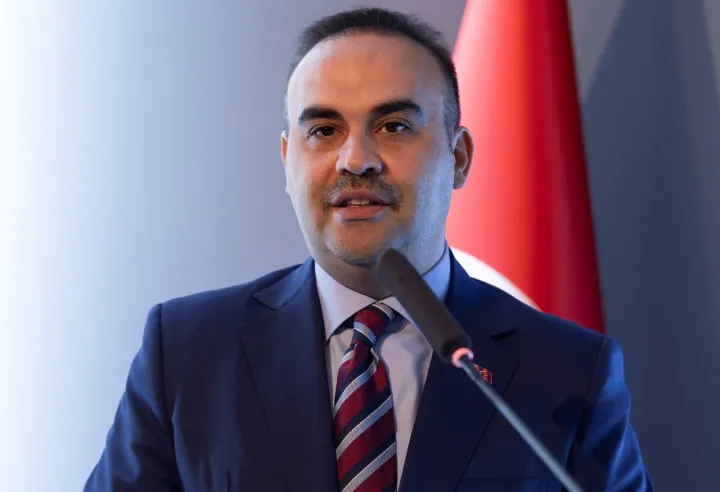Mozambican authorities on Friday banned massive demonstrations that have rocked the southern African nation since results of the disputed October 9 general elections were announced.
Pascoal Ronda, the country’s interior minister, issued a decree on Friday, asking all citizens to “cooperate with the authorities to stop the violence.”
Describing the protests as “acts of terrorism,” Ronda said: “The government wasn’t going to let the protests continue destroying the country.”
Since the National Election Commission announced official results on October 24 declaring the ruling party Mozambique Liberation Front's (Frelimo) candidate, Daniel Chapo, the winner with 70% of the votes and Venancio Mondlane second with 20% of the votes, violent protests erupted in major cities and towns across the country.
Weeklong demonstration
On October 31, Mondlane called for a weeklong demonstration across the country, disputing the results as “fraudulent.” Hundreds of people have been on the streets in response to the call for protests.
According to human rights organizations in the country, so far the protests have killed 33 people and injured scores of others. On October 19, Elvino Dias and Paulo Guambe, two senior opposition figures, were killed in Maputo.
According to human rights organizations, this is the “worst crackdown” on protests in many years.
Adriano Nuvunga, executive director for Centre for Democracy and Development (CDD), said in a statement that since the protests broke out, authorities have arrested hundreds of citizens across the country.
Foreign journalists arrested
The Mozambique Bar Association said in a statement on Friday that it provided legal, judicial and extrajudicial assistance to over 2,700 citizens arrested during the protests.
On Wednesday, two South African journalists working for Nigeria’s News Central TV, Bongani Siziba and Sibonelo Mkhasibe, were arrested in the capital, Maputo, while covering the protests.
They were released on Friday following diplomatic engagements between South Africa and the Mozambican authorities, according to South Africa’s Ministry of Foreign Affairs.
Last week, two Portuguese journalists covering the protests were expelled from the country.
➤Click here to follow our WhatsApp channel for more stories.
























